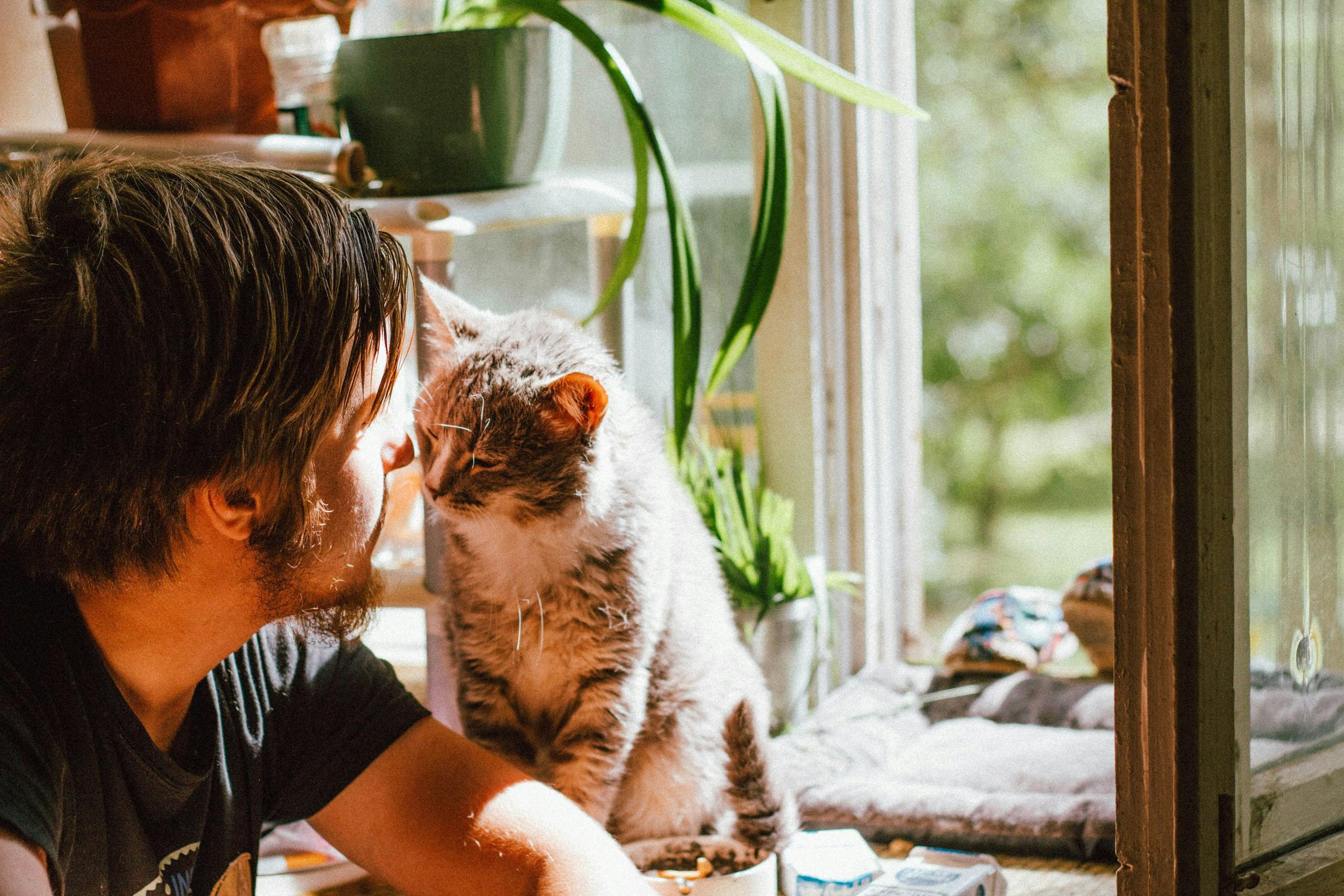The Ultimate Guide to Caring For Your Feline Friend
Understanding Your Cat’s Behavior
Cats are known for their independent and mysterious nature. They can be difficult to read at times, but understanding your cat’s behavior is crucial in providing them with the best care possible. Here are some common behaviors you might observe from your feline friend:
1. Meowing – Cats meow for various reasons such as to get attention or food, to express pain or discomfort, or even to greet their owners.
2. Scratching – Cats scratch to mark their territory, remove old nail clippings, and stretch their muscles. Make sure to provide your cat with a suitable scratching post to prevent damage to furniture.
3. Purring – Purring is often associated with happiness, but cats also purr when they are stressed or in pain. A contented purr could mean that your cat is feeling comfortable and secure.
4. Grooming – Cats spend a lot of time grooming themselves, which helps them stay clean and healthy. However, excessive grooming could indicate stress or anxiety.

Providing the Best Care for your Feline Friend
As a responsible pet owner, it is essential to provide your cat with the best care possible. Here are some tips on how to do so:
1. Feeding – Provide your cat with a balanced diet consisting of high-quality dry or wet food. Remember to avoid feeding your cat human food as it could harm them.
2. Water – Ensure your cat has access to fresh water at all times. Change the water daily to prevent bacteria growth.
3. Litter Box – Keep your cat’s litter box clean and odor-free. Scoop out waste regularly and change the litter every few weeks.
4. Playtime – Encourage playtime with your cat by providing them with interactive toys. This will help keep your cat physically active and mentally stimulated.
Keeping Your Cat Healthy and Happy
Regular veterinary checkups are important in keeping your cat healthy and happy. Here are some tips on maintaining your cat’s overall wellbeing:
1. Vaccinations – Updating your cat’s vaccinations is crucial in protecting them against infectious diseases. Consult with your veterinarian to determine the appropriate vaccination schedule for your cat.
2. Parasite Control – Regularly administer parasite control medication to prevent flea, tick, and worm infestations.
3. Dental Care – Brush your cat’s teeth regularly to prevent dental problems such as bad breath, gum disease, and tooth decay.
Training Your Cat to be Well-Behaved
While cats are naturally independent creatures, training them to be well-behaved is still possible. Here are some tips on how to train your cat:
1. Litterbox Training – Teach your cat where the litterbox is located and encourage them to use it. Positive reinforcement such as treats or praise can help motivate your cat to use the litterbox correctly.

2. No-Scratching – Train your cat not to scratch furniture by providing them with a suitable scratching post. Positive reinforcement such as treats or playtime can encourage your cat to use the scratching post instead of furniture.
3. Calling – Teaching your cat to come when called takes time and patience. Start by calling your cat in a controlled environment and reward them with treats or playtime when they respond positively.

